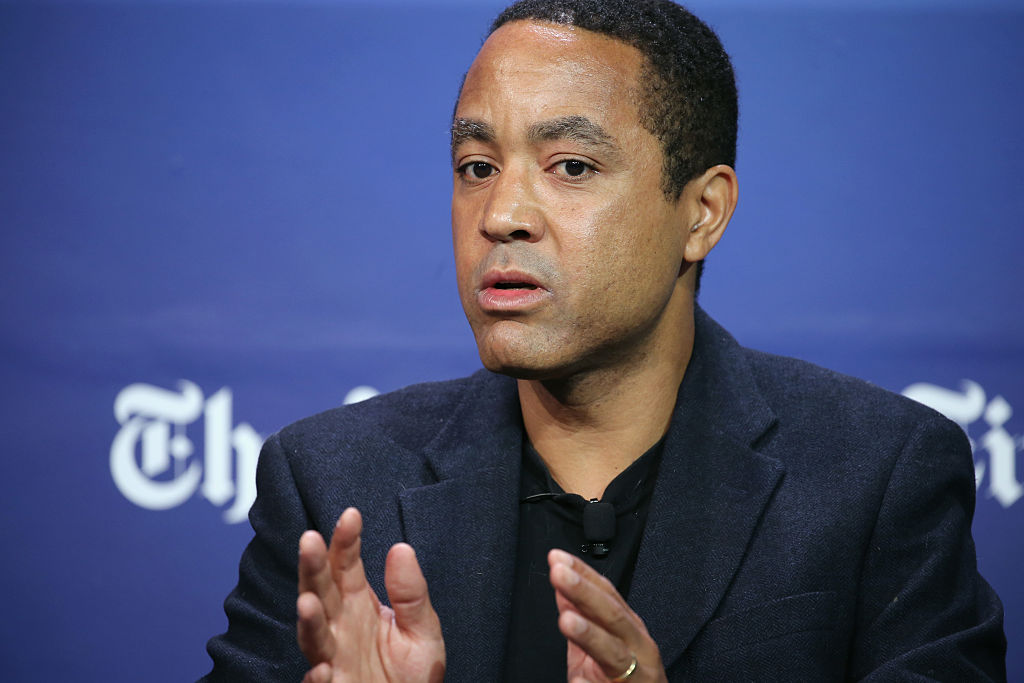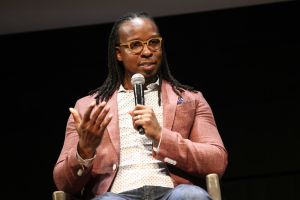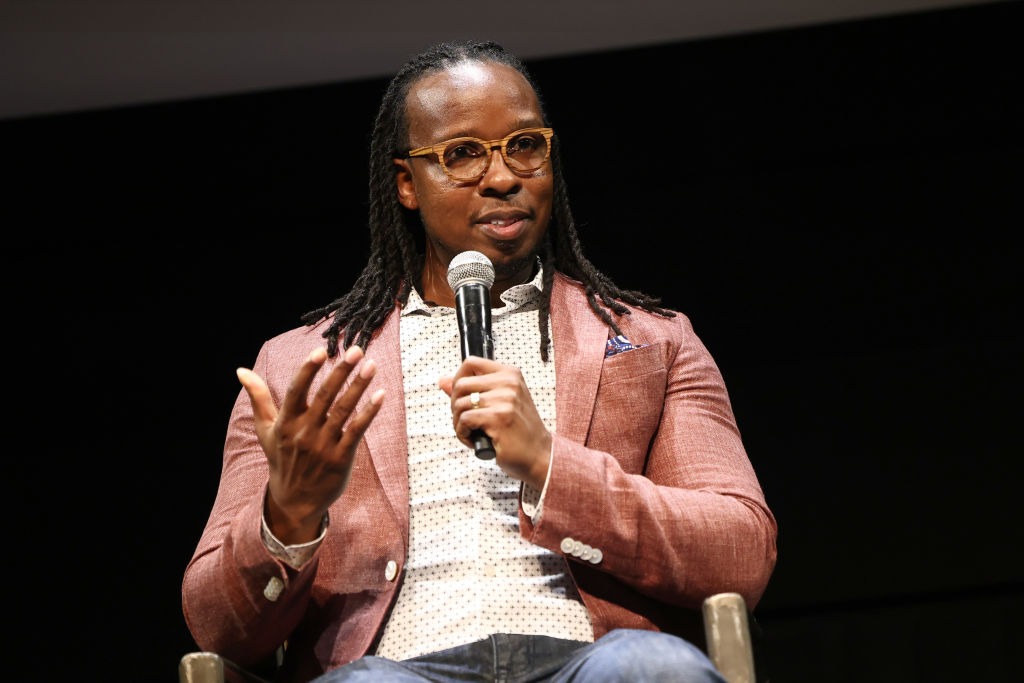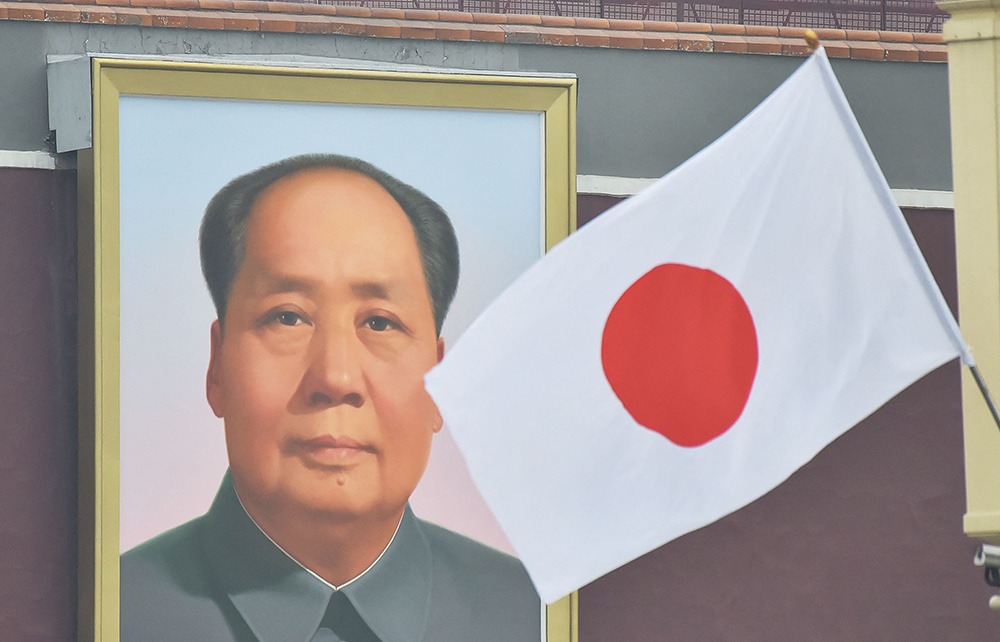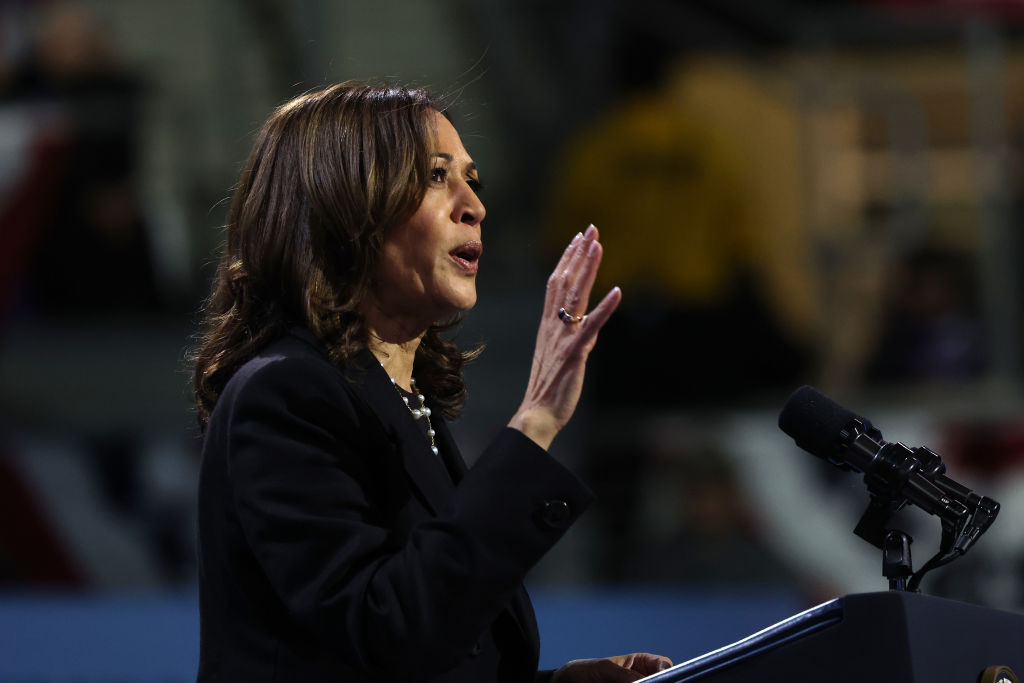In his timely new book Woke Racism, Columbia linguistics professor John McWhorter examines the force of an ascendant political religion that to his mind “has betrayed black America.”
“White privilege becomes the original sin that requires perpetual atonement,” McWhorter observes. Woke rebukes white America for its passive, unpardonable complicity within a fundamentally racist system. One is cleansed only through self-mortification.
According to McWhorter, a multi-racial Elect thinks of itself as a bearer of exclusive wisdom and empathy.
Woke positions itself against the white race, men, Christianity, capitalism and private property, heterosexuality — in other words, against people, institutions, belief systems and worldly activities at the nation’s core. Convinced of its superior moral vision and divine duty, the Elect displays humorless fanaticism and demands total allegiance.
Providing a ministry of racial auguries, authors Ta-Nehisi Coates, Ibram Kendi and Robin DiAngelo have catapulted to fame and fortune. With forensic skill, McWhorter analyzes their thin premises in what he has called “go-to books of the moment for whites seeking a way to help America heal racially.”
McWhorter does not think racial prejudice is the main obstacle to black advancement. This sets him apart from many other prominent commenters on race. As he states in his preface, being black enables him to write a critique that would get a white observer accused of hate speech and racism. Concise and blunt, hastily written, sometimes choppy but deeply sincere, the book compares and coincides with a 624-page “new origin story” from the New York Times’s 1619 Project, “created” by Nikole Hannah-Jones and published by a Random House imprint.
The proposition that white racism is baked into American life has been around since the 1970s. As it goes, US institutions advance Anglo-European ideas and symbols that ensure control over people of color and other oppressed groups. The time-tested idiom is “systemic racism,” which McWhorter considers a “clumsy term.” Woke goes a step further. It rejects time-honored standards of talent and virtue as colonizing, invasive, genocidal and soul-destroying.
The Elect can be slippery and underhanded, McWhorter has noticed. One minute, as before the Virginia gubernatorial elections, it declares that nothing is going on in schools that we need to talk about. Critical Race Theory is not even being taught, media and progressives exclaim. The rubes don’t even know what it is. The next minute, this same Elect declares anti-racism lessons to be imperatives — but to thwart backlash from the rubes, we shouldn’t talk about the new developments.
The 1619 Project — perhaps the Elect’s proudest conceptual showpiece — seeks to reframe US history by “placing the consequences of slavery and the contributions of black Americans at the very center of our national narrative.” Its editors claim, “out of slavery — and the anti-black racism it required — grew nearly everything that has truly made America exceptional: its economic might, its industrial power, its electoral system.” The nation’s leading historians agree the 1619 opus flagrantly ignores established political and economic truths. Insinuating the US is a criminal enterprise not worthy of survival, the Project’s ambitions border on sedition.
Yet this testament has received acclaim from the nation’s highest offices. Its architect, Hannah-Jones, has received a Pulitzer imprimatur for her commentary. “The #1619Project is a powerful and necessary reckoning of our history,” California’s then-senator Kamala Harris commented upon its release two years ago. “We cannot understand and address the problems of today without speaking truth about how we got here.”
Woke is increasingly official policy. California’s newly mandated ethnic studies curriculum contains lessons to make students “agents for change,” and maintains that “one of the main focuses of ethnic studies is translating historical lessons and Critical Race Theory into direct action for social justice.”
Not just in California but nationwide curriculum supervisors and school librarians won’t consider text or trade books that do not make race and far-left fixations the center of the narrative. Health and sex education frameworks often de-center mom-and-dad families, pushing free-form sexuality and more.
Most functional Americans of all ethnicities try to act what is lazily labeled “white.” As University of Pennsylvania law professor Amy Wax and Judith H. Katz have indicated in radically different ways, much of the anti-white critique is merely anti-bourgeois. Making a case for “bourgeois culture” four years ago, Wax drew intense censure for “assertions of white cultural superiority.” Katz’s 1978 anti-racism training manual, White Awareness, introduced the now familiar theme of white privilege. Assumptions of white culture, Katz professed, included two-parent families, hard work and politeness, objective “linear” thinking, respect for authority and law, investment and saving, punctuality and emotionally blandness.
Woke is unable to understand why black juvenile violence is a problem, or why white parents who harbor no inherent ill feeling about blacks are protective of their children’s minds, innocence and safety.
If Woke is accelerating, what is to be done? Modernity’s spiritual hole gives it mass psychological entrée. Legalizing drugs, advancing literacy and rethinking vocational education is a beginning, McWhorter advises. What to do about black social pathologies and demands of impunity? He hedges, too clever to touch the third-rail. Should you question Woke in many quarters, McWhorter said recently on National Public Radio, “You are to be dismissed from polite society. You are to be sanctioned. You can’t be among us. You’re dirty.”
McWhorter closes his book with advice to Woke’s adversaries to stand up, civil but firm, not roll over: I don’t care what you call me…I will not retract…no, we will not refocus our entire curriculum…and so on. It’s a firmly principled approach but not always easy to execute when a marriage, friendship, or career is at stake.
Woke might be a religion, a quasi-religion, a political death cult — maybe it’s just a passing intellectual fad — but comparisons of Woke to Christian sanctions against pagans in the late Roman empire seem apt. Yet Woke offers no salvation or forgiveness, no solace. It seeks never-ending apologies and humiliation. Whatever the restitution, the debt can never be repaid.
The last decade’s experience suggests Woke does not plan to rest until bourgeois America folds its tent. Whether the Democratic Party has the capacity or will or desire to contain lawlessness and social disorder remains an open question. Woke radicals demand temporal power to redeem virtue, mindful of their responsibility to crush heresies.
The priests will be hard to dislodge. The diversity project has captured vast endowments and offices in the nation’s core institutions. As abbots and bishops of old discovered, there’s good money and prestige — even pleasure — in dispensing faith, touched by a singular state of grace and the power to excommunicate.



